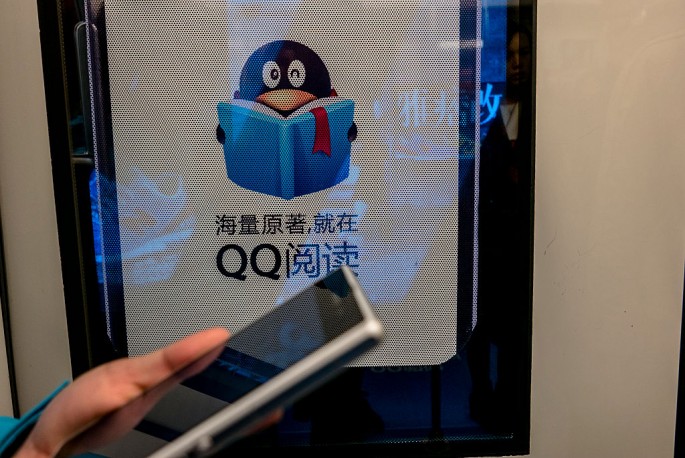After being featured on the list of Forbes’ 30under30 entrepreneurs last year, Jessica Wilson, the founder of the Australian shopping app Stashd, found herself in the limelight again, as she was offered to join “The Next Unicorn,” a Chinese reality television show for startups.
An article by news.com.au said that Wilson's app, Stashd, offers about 500,000 products to consumers in nearly 130 countries around the world.
Wilson, who is based in Sydney, said that she is now ready to take on China, one of the world's most lucrative markets, as her involvement in the show, which is aired to 150 million people, gave her important advice and exposure.
"I did not even think twice about it," Wilson told news.com.au about her decision to apply for the show The Next Unicorn. "I could see how the market was moving . . . (and) I always thought Stashd would work really well in China."
This year, following her success, Wilson launched a Chinese version of her app and more recently, it announced a partnership with Chinese Internet giant Tencent, when she appeared at the Sydney China Business Forum on Monday, Oct. 24.
Wilson believed the partnership would be advantageous to Stashd as Tencent could provide the reach and localization needed by her app.
"It's incredibly exciting," Wilson said. "With the rise of the middle class in China, they want access to western brands and we can see the potential."
As an app that functions like a virtual mall, Stashd could perform well in China and Asia, Wilson said.
"Trends are huge over there and if you can tap into the right generation, which I think are the millennials in China, they are just so fascinated with western fashion," she added.
Wilson also likes to tap into Chinese consumers who like to buy genuine articles on online sites such Taobao.
"So if you can be that genuine portal to access western fashion . . . I think that outcome is huge, it's ridiculous, it's just fitting into that niche," Wilson said.
Wilson agrees the localizing her app is one of the biggest challenges to doing business in China where she thinks the system was completely different.
"We had a time when we launched the app and we didn't get many downloads at all, we realized what we were offering was not what the Chinese were expecting," she said.
In Western countries, most people log in to apps using Facebook or email, however in China there was no Facebook and not many people used email.
Wilson said that what they did was they tweaked the app so that they can use QQ and Weibo as login processes.
Under the partnership, Tencent will have 10 percent stake in Stashd's business in China and in return, it will provide Stashd with expertise through its innovation center.
"They're giving us access to their marketing teams, giving us an office in Tianjin or Shanghai, wherever we chose to locate ourselves," Wilson said.
Tencent is also giving Stashd any position they prefer in their app store, which has 700 million users. It is also giving them access to WeChat Pay, which is their payments option. In addition to this, Tencent is helping Stashd find a CEO for their operations in China.
"China is very much personal relationship driven and that's kind of how I like to do business anyway so it worked out well," Wilson said.






















